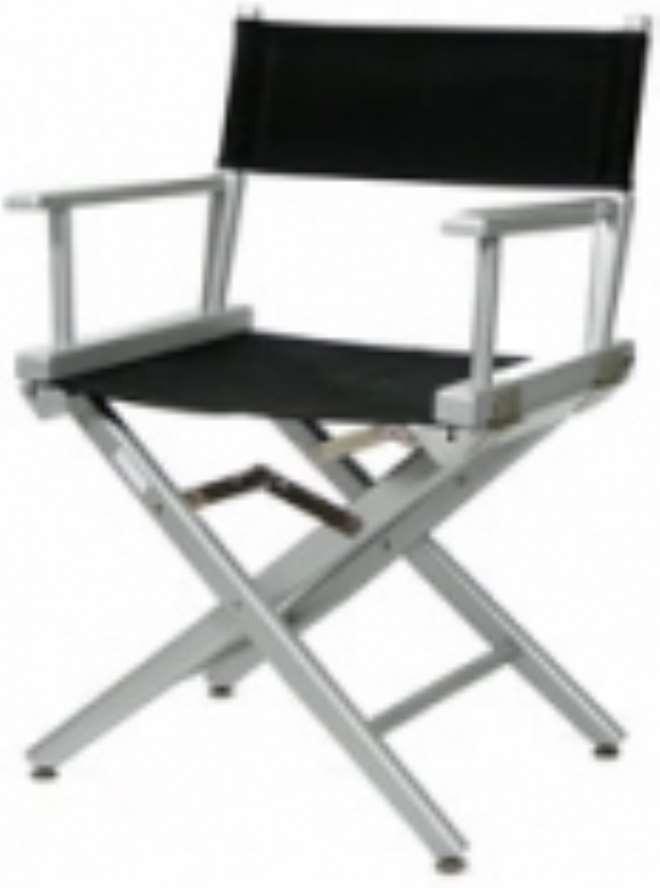THE MAKING OF THE CONCUBINE
Movie: The Coucubine Female lead character: Chiege Alisigwe (Ihuoma) Male lead character: Bob Manuel Udokwu (Ekweme) Director: Andy Amenechi Screen Play: Nkem Alu Assisted by Elechi Amada Listen,' the dibia (priest) begins. “Ihuoma belongs to the sea. When she was in the spirit world she was a wife of the sea-king, the ruling spirit of the sea. Against the advice of her husband she sought the company of human beings and was incarnated. The sea-king was very angry but because he loved her best of all his wives he did not destroy her immediately she was born. He decided to humour her and let her live out her normal healthy span and come back to him. However, because of his great love for her he is terribly jealous and tries to destroy any man who makes love to her.”
This amusing anecdote from The Concubine, a novel by Elechi Amadi published in 1966 in the African Writers series summs up the nine hour screen adaptation. The movie is believed to be the most expensive ever shot in the Nigerian film industry, tagged Nollywood, with a brase reaching budget of nearly N50 million. When some top players in Nollywood, Uche Chikendu and Steve Eboh, among others, approached Elechi Amadi on a planned adaptation of his novel, a lot of people expressed misgiving in the industry as to how viable it could be for an academic work to break even in the Nigerian movie market that is spell bound with conventional themes and often shot with very minimal budget. But as it is, the preview copy of the movie that is currently going round has generated a lot of commendation from stakeholders.
The Concubine resides in the memory of nearly every literature student in many West African countries as a re-enactment of the typical African society.
Even those that read the novel not necessarily through the mandatory tutelage of schooling but out of their personal volition admit that the it presents the African society devoid of external religious and cultural interference and that ancient African society was orderly and enjoyed the core values of development which modern Africa lacks today, such as self esteem and freedom from servitude, except when the gods were wronged.
Ihuoma in the movie is seen by everyone in the village as quite right in everything and she is very beautiful but dogged by her invisible husband in the spirit realm, unknowing to her and her admirers. Her first husband, Emenike, become a living corpse as soon as her marries her and when he was caught in a bitter dispute over land with Madume, a disgruntled villager, everyone thought he died because of injuries he sustained during a fierce fight. But the priest had a contrary view: if Emenike had died because of Madume's fist, the gods wouldn't have left him (Madume) alone but as the days passed Madume lived unhurt and this vindicated him. Madume's egocentric nature pushes him into a fight with Ihuoma over the same piece of land that he wanted to claim from her late husband.
Madume becomes blind through a spitting cobra and eventually hangs himself. Many thought his death was the result of an unfortunate accident but his secret desire to make Ihuoma his lover or marry her made the sea-king to turn to a serpent and destroy his rival, the priest implied.
Ekwueme is next in line: he is madly in love with Ihuoma but his parents frown at the idea of him marrying a woman whose womb has already born a child for another man. To them, their son deserves a maiden bride. Ekweme is later betrothed to Ahurole but the marriage becomes chaotic and when she administers a love potion on Ekwueme to wean him of his obsession with Ihuoma it turns out to be a disaster.
Ihuoma plays an important role in Ekwueme's recovery when he suffered mentally as a result of his wife's love potion, which endeared him and his family to Ihuoma and everyone in the village is pleased at the mere mention of Ihuoma's marriage to Ekwueme. The priest raises alarm, he is ignored. “I do not t know whether you believe this or not; it does not matter. one thing is clear. I shall marry Ihuoma. She is a human being and if marrying her is a fatal mistake I am prepared to make it. If I am her husband for a day before my death, my soul will go singing happily to the spirit world. There also I shall be prepared to dare the wrath of four hundred sea-kings for her sake.”
But he dies mysteriously like his peers who were caught in the web of Ihuoma's dilemma.
“The conventional stories of politics and fraud etc are actually the ones that gave us recognition in the movie world, they are actually the ones that made Nollywood to become third in the world. But we feel there is the need to go to the next level to try adaptation which will help our story lines and contribute to the future of our youths,” said Steve Eboh, an actor and vice president of the Actors Guild of Nigeria, who doubles as a co-producer in the movie. According to him, the youths don't read any longer, computer games and movies have taken over those things books do and this has a negative influence on them. “A country that stops reading stops progressing”, Steve asserted.
According to him the message they want to further spread by adapting The Concubine is one of co-existence and faith. There was no Christianity, no Islam then yet people believed in their little gods. The trust, the faith in their gods made them to leave their doors open and go out; nobody came to steal because everyone was afraid of the gods. So if Christians and Muslims can borrow a leaf from their faith and trust in God, the creator of heaven and earth the way our ancestral brothers and sisters did in their gods, our society today will be a better place,” Steve said.
The film is indeed a shift from many Nigerian movies where poor sound and bad technical content was the order of the day. In this movie can be seen, the best of crew, the best in cast and the best in technical inputs. “We spent about N5 million in research alone and we are still spending” said Steve.
Uche Chikendu, the Executive Producer of the Movie, admitted they are facing some difficulty. “The problem we have now is the market. Adaptation is not a film that when it comes out you then take it to the conventional market- you may lose everything,” said Uche.
According to Steve they are now partnering with a lot of agencies, touring the country to raise awareness on the film and get sponsorships to show the films to students in cinemas. “NEPAD is partnering with us in this regard, the Nigerian Film Corporation and National Film and Video Censors Board have endorsed the film,” said Steve, who added that the future is bright for the movie industry in Nigeria “I tell you it is the most expensive movie ever shot in Nigeria from the beginning of movie making. We have already sunk in N46 million” he concluded.
However, critics in the movie industry claim that the new names in the cast was a deliberate attempt by the producers to scout for cheap labour which was why difficult scenes were performed with less dexterity and skill expected of a movie that claim to have such a fat budget . The sound quality remains the beat in the history of Nollywood and the setting of the movie in a remote farm in Enugu state received a plus from the critics, the costume is slightly modern which is incongruous to the pre-colonial and mundane African society which the theme sets to depict
Latest News
-
 I Don't Like Being Sprayed With Money —- Seun Kuti
I Don't Like Being Sprayed With Money —- Seun Kuti -
 “I Wouldn't Advise Myself To Be With Someone In My
“I Wouldn't Advise Myself To Be With Someone In My -
 Nollywood Actress, Etinosa Idemudia Stands With Ph
Nollywood Actress, Etinosa Idemudia Stands With Ph -
 Bobrisky Heads To Appeal Court, Challenges Six-mon
Bobrisky Heads To Appeal Court, Challenges Six-mon -
 “Sometimes, The Answers To Your Problems Lies In Y
“Sometimes, The Answers To Your Problems Lies In Y -
 “Man Of The Year" - Pretty Mike Crowns Portable
“Man Of The Year" - Pretty Mike Crowns Portable -
 Yingi Debuts "Waterside Girl EP"; A Melodic Journe
Yingi Debuts "Waterside Girl EP"; A Melodic Journe -
 Singer, Joeboy Reveals Criteria For Men To Know Tr
Singer, Joeboy Reveals Criteria For Men To Know Tr -
 “I Wish I Had Found Love Before Now– Spyro
“I Wish I Had Found Love Before Now– Spyro -
 Toyin Abraham Appreciates Funke Akindele, Barring
Toyin Abraham Appreciates Funke Akindele, Barring














